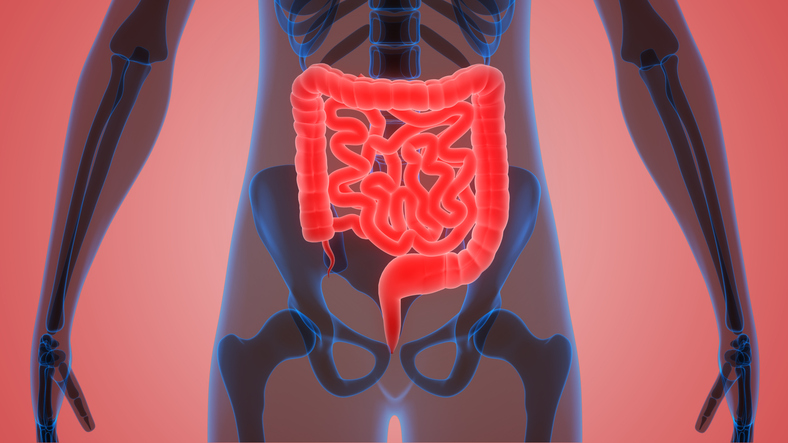

Researchers report it is feasible to recruit and retain acute kidney transplant recipients in trials examining prebiotics on infections and gastrointestinal symptoms, according to data published in the Journal of Renal Nutrition.
Further, they found prebiotics may improve gastrointestinal symptoms among kidney transplant recipients.
“We wanted to undertake an interventional study to address the gastrointestinal burden and high levels of infections in kidney transplant recipients. In a prior study, we found that approximately 80% of our kidney transplant recipients report gastrointestinal symptoms daily.
We also found that the gastrointestinal microbiota is altered as a result of transplantation,” Samuel Chan, MBBS, FRACP, PhD, a consultant nephrologist at the University of Queensland in Australia, told Healio. “Thus, we wanted to see if nutritional therapy (eg, prebiotics) could reduce the gastrointestinal burden and infections in kidney transplant recipients.”
In a double-blind, placebo-controlled, randomized trial, Chan and colleagues randomized 56 acute kidney transplant recipients to receive prebiotics in the form of green banana resistant starch (n=27) or placebo in the form of waxy maize (n=29) for 7 weeks. All patients in the feasibility study received a kidney transplant at the same center and were at least 18 years of age.
For the first 2 weeks after enrollment, patients consumed 7.5 grams of the treatment daily, then increased to 15 grams daily for the final 5 weeks.
During a median follow-up of 1.8 months, 19 patients experienced 22 infectious events. Similarly, 22% of the intervention group were hospitalized and experienced gastrointestinal and skin adverse events, whereas 21% of the control group were hospitalized and experienced cardiovascular, gastrointestinal and skin adverse events.
Patients from both groups experienced similar adherence, tolerability and infection events.
“We found that prebiotics may reduce gastrointestinal symptoms in acute kidney transplant recipients. Our study was small, so it was difficult to make sensible comments about the infections. With more research, we are hoping to let our patients know the results of our study and that infections and gastrointestinal burden may be reduced as a consequence of prebiotic supplementation,” Chan told Healio. “We want to extend our study to undertake a multicenter randomized controlled study of prebiotics [vs.] placebo to look at gastrointestinal burden and infection outcomes.”
more recommended stories
 Microplastic Exposure and Parkinson’s Disease Risk
Microplastic Exposure and Parkinson’s Disease RiskKey Takeaways Microplastics and nanoplastics (MPs/NPs).
 Sickle Cell Gene Therapy Access Expands Globally
Sickle Cell Gene Therapy Access Expands GloballyKey Summary Caring Cross and Boston.
 Reducing Alcohol Consumption Could Lower Cancer Deaths
Reducing Alcohol Consumption Could Lower Cancer DeathsKey Takeaways (At a Glance) Long-term.
 NeuroBridge AI Tool for Autism Communication Training
NeuroBridge AI Tool for Autism Communication TrainingKey Takeaways Tufts researchers developed NeuroBridge,.
 Population Genomic Screening for Early Disease Risk
Population Genomic Screening for Early Disease RiskKey Takeaways at a Glance Population.
 Type 2 Diabetes Risk Identified by Blood Metabolites
Type 2 Diabetes Risk Identified by Blood MetabolitesKey Takeaways (Quick Summary) Researchers identified.
 Microglia Neuroinflammation in Binge Drinking
Microglia Neuroinflammation in Binge DrinkingKey Takeaways (Quick Summary for HCPs).
 Precision Oncology with Personalized Cancer Drug Therapy
Precision Oncology with Personalized Cancer Drug TherapyKey Takeaways UC San Diego’s I-PREDICT.
 Iron Deficiency vs Iron Overload in Parkinson’s Disease
Iron Deficiency vs Iron Overload in Parkinson’s DiseaseKey Takeaways (Quick Summary for HCPs).
 Can Ketogenic Diets Help PCOS? Meta-Analysis Insights
Can Ketogenic Diets Help PCOS? Meta-Analysis InsightsKey Takeaways (Quick Summary) A Clinical.

Leave a Comment